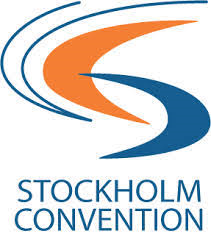
Peru Oil Spill: Rapid environmental assessments
An oil spill at a refinery north of Lima on 15 January 2022 caused major damage. A UNEP/OCHA Joint Environment Unit (JEU) team, embedding environmental expertise, was deployed to assist the government-led response. The full environment mission report is accessible here. Ancon district, Peru – The UNEP/OCHA Joint… Read More





